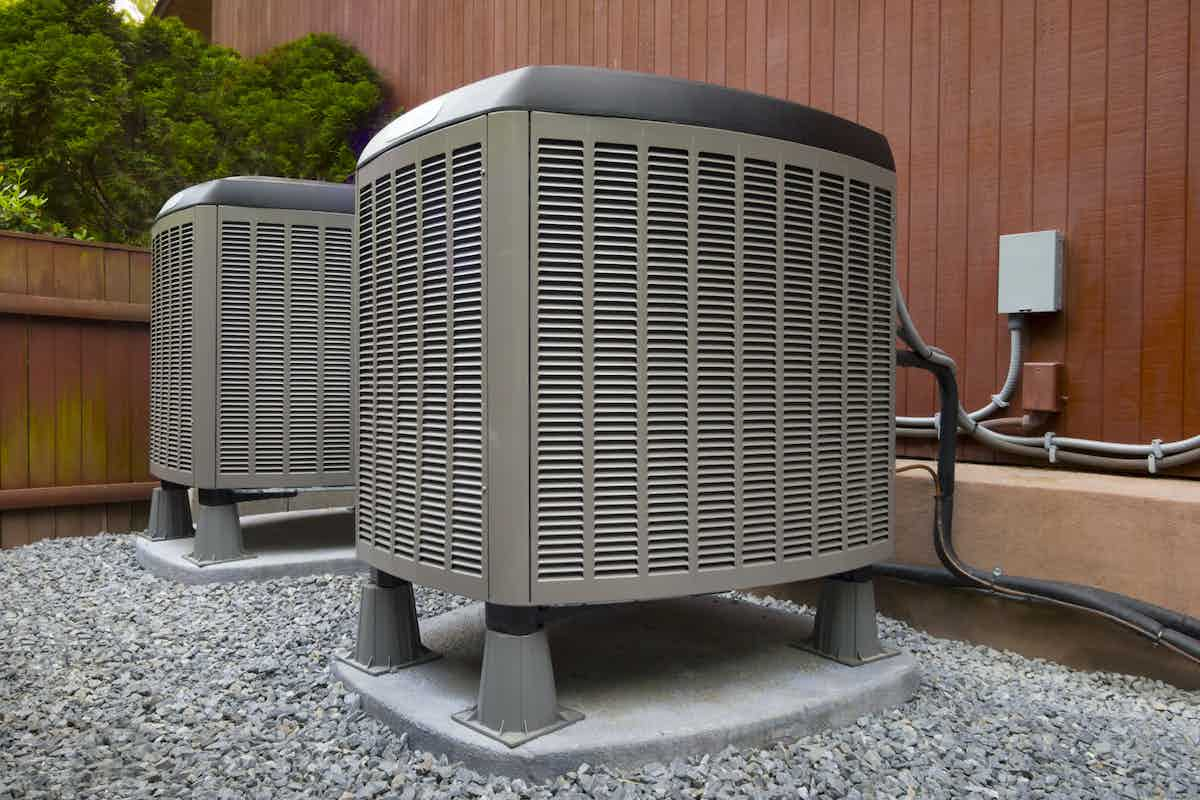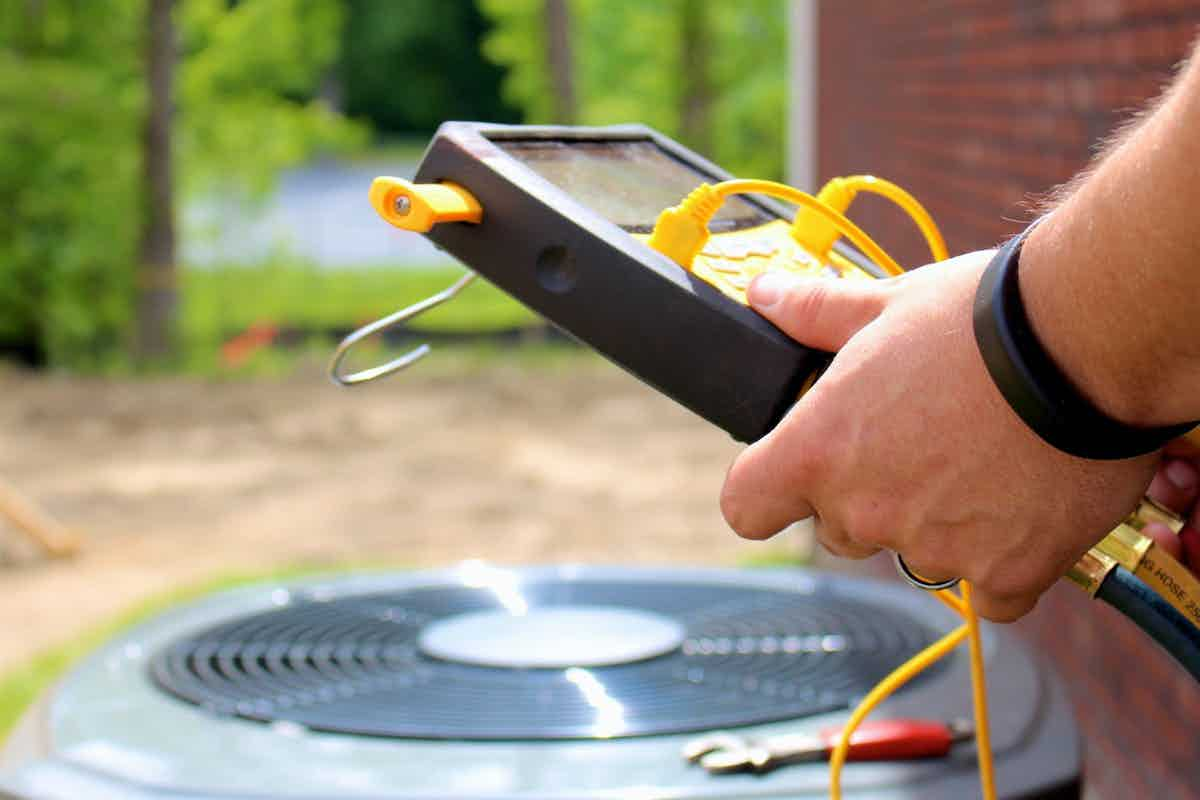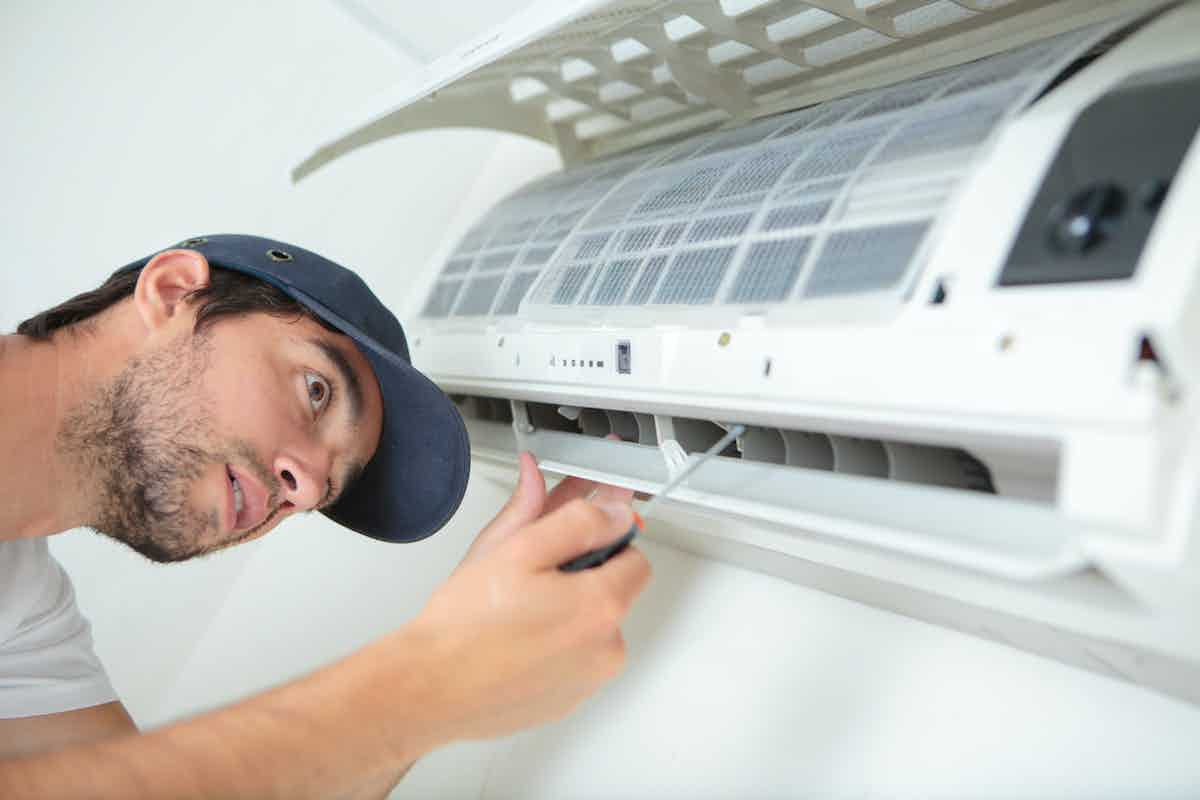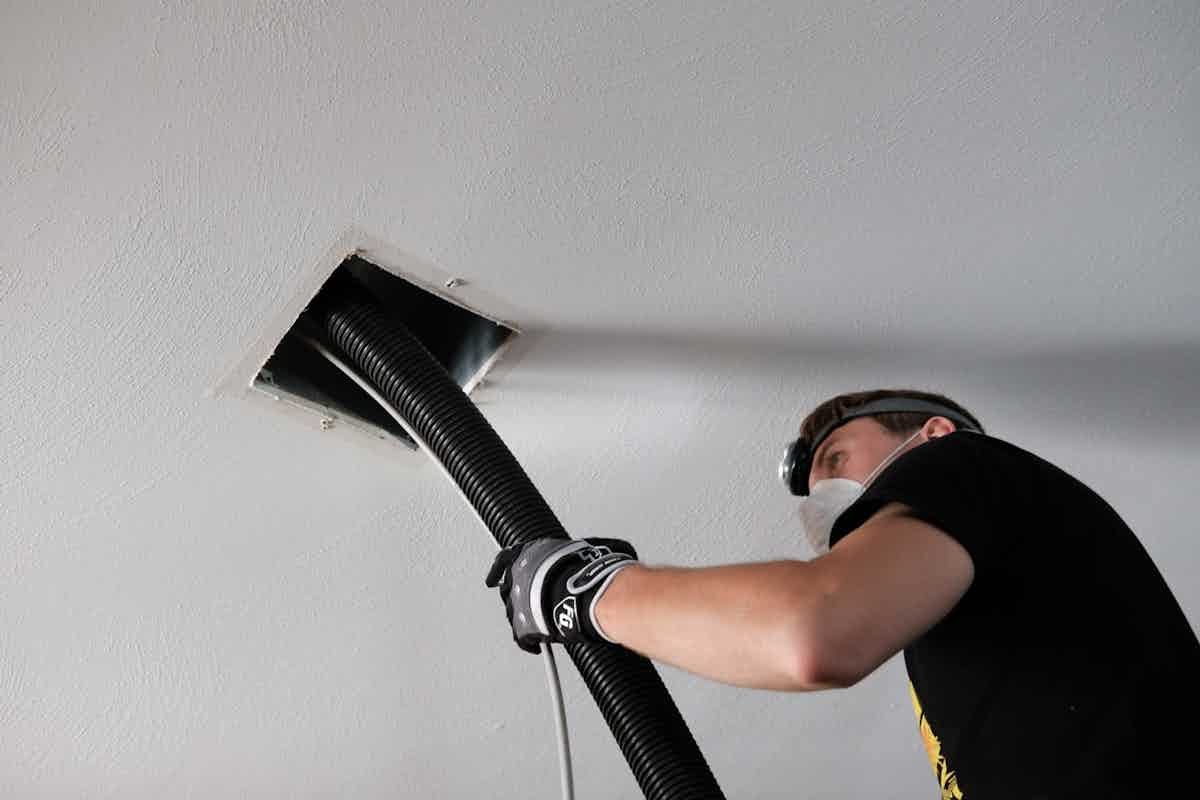With almost 90% of US homes using air conditioning, you might be one of the people with a full HVAC system. If that is the case, you need to make sure you stay up-to-date with HVAC maintenance each season. Though what does this mean, and where do you start?
This article delves into the world of HVAC system maintenance and runs through all the major steps you need to take. By the end of the post, you should be able to get started in checking yours to help prevent wear or damage moving forward.
Is Maintaining an HVAC System Important?
Having an HVAC system that works better means you will enjoy better airflow and a more comfortable temperature. Also, keeping an HVAC unit at its peak state can help both save you money and keep your home energy efficient.
If you do not maintain an HVAC unit, you can expect its motors to need to work harder to do the same job. They will also need to be on more often. This means you will waste a lot of electricity to get the same results.
On top of this, should you leave the unit to languish, it is likely to fail more often and have a much shorter lifespan in general. The last thing you need is to pay more for repairs and replacements, so regular maintenance can help you prevent that.
Last, of all, a neglected HVAC unit might suffer from a build-up of filter debris and dust. In some cases, this may cause the HVAC to overheat, creating a potential fire risk.
Steps to Maintain an HVAC Unit
It is simple to ensure your HVAC unit receives a proper check-up. You can do many of them yourself if you have the time, or you can hire someone to do them for you regularly.
Checking Air Filters
The filters in your HVAC trap dust, pollen, and pet fur. This ensures your air remains clean and fresh all the time. As time goes on, though, these filters will start to lose efficacy as they become clogged.
If you check them and they appear dirty, you should clean them out or replace them, depending on your unit.
When cleaning a filter, first turn the unit off and then remove it. If you are cleaning them, do this with soap and water, ensuring you are gentle enough not to damage them. Once they are dry, you can then return them and turn the unit back on.
If you are replacing them, instead of cleaning them, all you do is put the new one in and dispose of the old one. However, you should check your HVAC manual to ensure you are using a compatible filter and disposing of the old one safely, though.
Adjusting the Thermostat
By checking the thermostat, you can ensure you always keep the temperature at a comfortable level. This is because the system will be heating and cooling your home within the bounds you set it to. This not only saves energy but prevents overuse of the device and increases its lifespan.
The first thing you should do is check the temperature in the home compared to a separate temperature monitor. This will allow you to see if the thermostat is correct. If so, adjust it to a level that is comfortable for the Spring season, so around 70-75 degrees Fahrenheit.
If the thermostat is not working, you might need to get someone to repair it, us use your HVAC manufacturer’s manual to recalibrate it.
Maintaining an Outdoor HVAC Unit
The condenser unit on the outside of your home is what releases heat into the environment and is the most important aspect of home cooling.
Upon checking this, the first thing you will want to do is check it for loose debris. As plants or animal waste can end up in the unit, you want to make sure it is clean and clear of such items. Also, ensure there is nothing surrounding the unit that might end up sucked in later.
You also want to check the level of refrigerant to ensure the system can continue to cool the air. If this is low, you can get someone to refill it for you.
Checking the Ducts
Over the life of an HVAC system, your air ducts will become clogged with dust and dirt. These should be free of blockages so the air can freely flow and you can enjoy the fresh air.
If you do not get a professional to do this (which we recommend), you will need to open the vests and use a vacuum cleaner to remove the dust within. You should also clean the vents themselves to make sure any buildup does not prevent air from moving through them.
Inspecting the Electricals
If you have the technical expertise, you might want to ensure the electrical system of your HVAC is not corroded or damaged. If your home heating is not working, the electricals are often an area people do not know how to repair. This is why bringing in a professional is often preferred.
Still, if you know what you are doing, remember to turn the power off first before you take any steps to inspect this aspect of your HVAC.
Cleaning Drain Lines
The drain lines pull moisture away from the system that might build up as the unit takes it out of the air. So, make sure you keep it clean by using a small brush or a vacuum cleaner to ensure nothing remains in the lines. You can even use a special treatment fluid to clean it out should you feel the issue might flare up again sooner otherwise.
Professional HVAC Maintenance
You should now not only understand why HVAC maintenance is an important step in the upkeep of your home but also how to do it. Still, sometimes it is a simple fact that in the busy Las Vegas area, you do not have time to perform this important task. This is where we come in.
We have HVAC installation and maintenance specialists ready to work with you. They can help you keep your system up-to-date, so you do not need to worry about it. So call us today and see what we can do for you.










